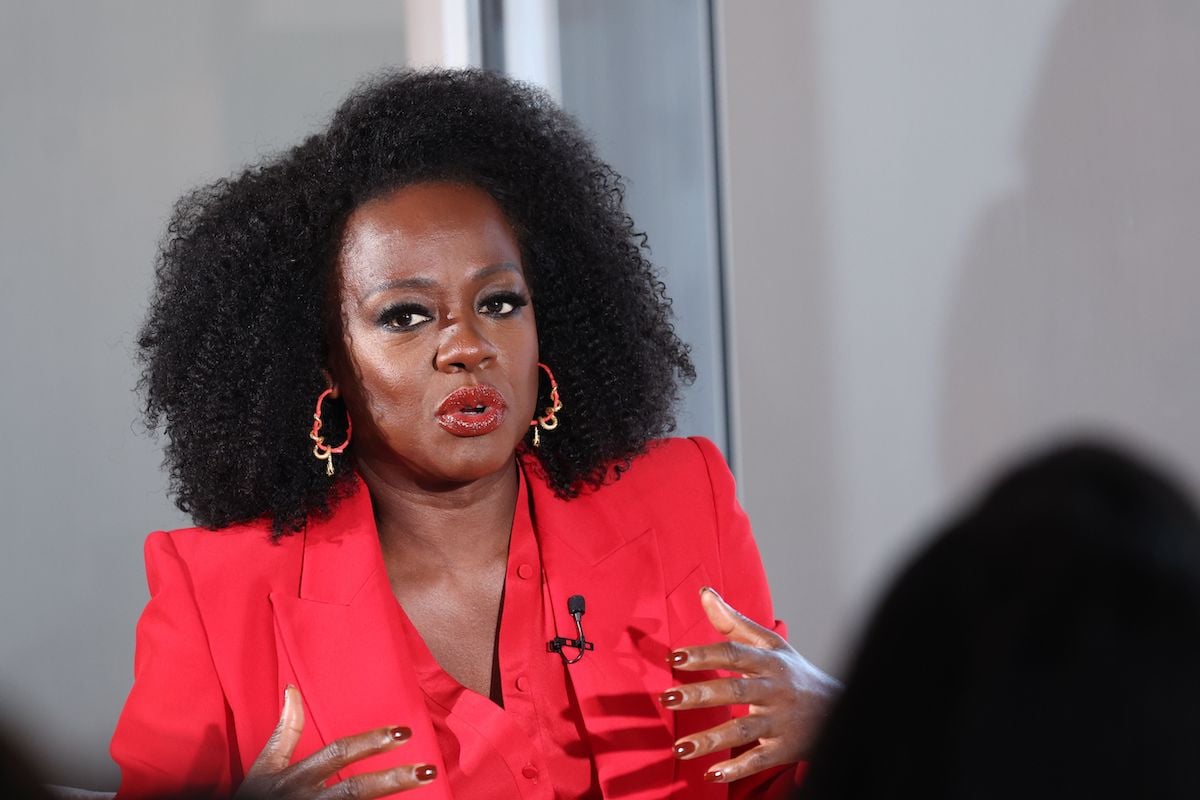Viola Davis Shares Microaggression Experience Where Director Called Her by His Maid’s Name
Viola Davis was already a star when How to Get Away With Murder came out. The popular Shondaland drama had fans enamored with Davis and her unparalleled acting abilities. So, it was no surprise when the actor took home an Emmy Award for her performance. But it should surprise everyone that the roles didn’t come pouring in after How to Get Away With Murder ended. Davis recently revealed that racism is still hurting her career, even as a Hollywood A-lister.
She’s a Hollywood powerhouse

How to Get Away With Murder was just a feather in Viola Davis’ highly decorated cap. According to IMDb, the actor worked her way up from bit parts in the ’90s to eventually landing her first recurring role in 2000 in the TV series City of Angels.
But Davis isn’t a one-trick pony. She awes on the big screen as well as the small one. In 2002, she had roles in Far From Heaven and Antwone Fisher. Davis impresses no matter what she does, and she does plenty. She’s been working nonstop since she started in the 1990s. Now she has her own production company and a role in its latest project, The Woman King.
Viola Davis recalls the time a director called her by his maid’s name
Getting to where she is now hasn’t been easy for Viola Davis. She’s had to battle racism at every step. Sometimes it comes in the form of microaggressions. Cast in point: A director she had known for a decade called her by his maid’s name. According to Davis, that kind of thing happens all the time.
The microaggression hurt, but not as much as the roadblocks Davis faces daily. She says being excluded from the projects she wants to do breaks her heart and angers her.
“If I wanted to play a mother whose family lives in a low-income neighborhood and my son was a gang member who died in a drive-by shooting, I could get that made,” the actor told Variety at the 2022 Cannes Film Festival. “If I played a woman who was looking to re-create herself by flying to Nice and sleeping with five men at the age of 56 — looking like me, I’m going to have a hard time pushing that one, even as Viola Davis.”
According to Viola Davis, colorism and racism are rampant in Hollywood
Although Hollywood has been openly dealing with race and racism for decades, colorism is rarely addressed. Will Smith’s TV show The Fresh Prince of Bel-Air substituted the original Aunt Viv with a lighter-skinned actor after a few seasons. Accounts differ as to why producers made the change, but some sources have indicated the decision was colorist. The new actor who played Aunt Viv had lighter skin than the original.
That’s the kind of thing dark-skinned actors such as Davis must face. They’re essentially fighting three battles at once — against the racism, sexism, and colorism entrenched in Hollywood’s culture.
Davis declined to name the director who called her by his maid’s name.
“Let’s be honest. If I had my same features and I were five shades lighter, it would just be a little bit different,” the actor told Variety. “And if I had blond hair, blue eyes, and even a wide nose, it would be even a little bit different than what it is now. We could talk about colorism; we could talk about race. It pisses me off, and it has broken my heart — on a number of projects, which I won’t name.”


